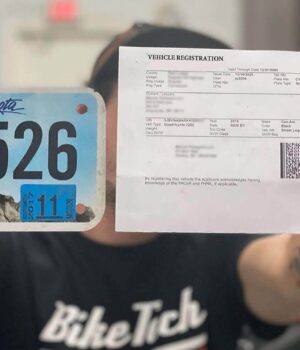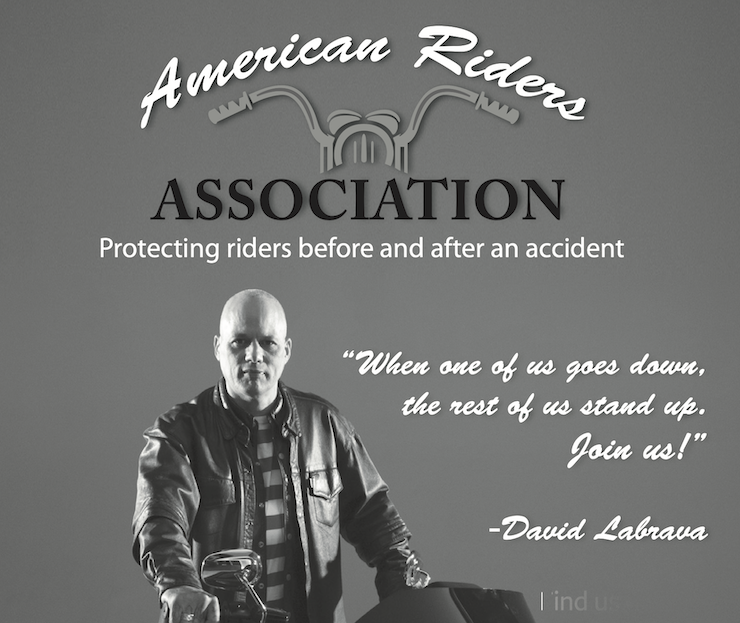Eric and I are at that stage in life where we are making our “final plans.” We’ve long had a Will – mainly to be sure the welfare of our son was addressed should something happen to us. But he’s grown now, and the focus has changed to the distribution of our assets. Strangely enough, we’d like to pass on whatever we’ve been able to accumulate to the next generation, and minimize the take from the government! We’ve also been through the death of Eric’s parents and my Grandmother. We know how difficult it can be to work through the financial paperwork, sell property, and settle an estate — especially when dealing with the loss of a loved one. It’s emotionally draining, time consuming, and almost like working a full time job! Our goal is to make this transition as painless as possible to the surviving spouse and our son. I know some people absolutely refuse to even talk about such things — but it is a fact that no one lives forever. We consider it the last gift we can give; to be organized, set things up properly, and have a good estate plan in place.
Let me state right now — I AM NOT an estate planner or attorney. We’ve just learned a few things in setting up our own affairs, and have some insights in the impact of how your insurance can be impacted by the way vehicles are titled, and wanted to pass them on to you. I strongly encourage you to talk to a planner to confirm the best methods to transfer your assets on as you see fit.
As mentioned, we have a will. However the contents of your will must still go through Probate Court before you can transfer assets willed to you or others, or before they can be sold to settle debts of the estate. This can cost your executor money in legal fees as well as lots of time. (Unless your executor IS an attorney, figuring this out could require the services of a legal expert.)
However, both real estate and vehicles can be titled to transfer upon your death directly to your designated beneficiary, outside the oversite of Probate Court IF you’ve set up deeds and titles properly. This can take a little bit of time now, but save your executor and beneficiaries LOTS of time and money after your passing.
Spouses and others can file auto titles as Joint Ownership with Right of Survivorship. Both owners must be present to sign for the new title. After one owner dies, the surviving owner takes a certified copy of the death certificate, title and their acceptable identification to the title office. Once the required title fees are paid, the vehicle transfers to the surviving owner. No probate approval required!
There may be situations where you don’t want someone else on your title now — but want to set up your title to transfer to someone else on your death. This can be your heirs, a significant other, or any other beneficiary you designate. In Ohio you complete and have notarized a Transfer on Death Beneficiary Designation/Removal Affidavit which is filed with the state title division, and again pay the proper fee. Upon your death the designated beneficiary again takes the documents along with their ID and transfers the title.
So which of these options is best for you? In most cases a Joint Ownership WROS (With Right of Survivorship) is best for married couples whose financial assets are already combined. A TOD (Transfer on Death Designation) can work very well for unmarried couples or if you want to leave an asset to multiple beneficiaries. The beauty of the TOD option is that it can be changed, without the authorization or signature of the beneficiary. If a couple breaks up, or you simply want to change the beneficiary, you can. Over the years, we’ve seen MANY situations when unmarried couples comingled assets, and have seen it go badly after a break up. The TOD option allows you to plan for transfer to another, but retain the right to change that plan if your relationship changes.
Another word of caution about titles. We’ve come across situations over the years where the buyer opted to title a vehicle in someone else’s name. This can be done for multiple reasons — to hide it from a divorce situation, because the true buyer has credit problems and can’t get a loan in their name, or because you’re helping out someone having a tough time. I STRONGLY recommend against this. Both parties in this situation can get stung. For the person actually paying for the vehicle — you’ve now essentially given a vehicle to another person. They can choose to sell it at their whim, are required to insure it themselves, and you have little recourse to get your money back if you change your mind. If you’re being a good Samaritan and helping someone get a car — just know that they can sell the vehicle at any time. If you agree to let someone put a vehicle in your name — YOU are responsible by law for insurance, and can be sued over any accidents that occur — even if you were not the operator. For example; we once had a customer asking for advice. Her Grandmother has asked the granddaughter to buy a car in Granddaughter’s name, and then allow grandma to drive this car. Our customer fully admitted that Grandmother’s driving abilities had deteriorated and Granny really shouldn’t be driving at all! Heck no — it would be bad enough for Granny to be in a serious accident. You don’t want YOUR assets — your savings, house, income — at risk after a serious accident too!
Another title issue — Some companies will ONLY issue an insurance policy to the vehicle owner and spouse. This can come into play when adult children in the household buy a car and put it in their own name. Your insurer MAY require that child to obtain a separate insurance policy — which generally costs more than adding it to the family plan. Even if your current company does allow you to include vehicles owned by someone other than you on the policy, others don’t — meaning you may be locked into keeping the policy even if rates change and you’d like to move to another carrier. You’ve in essence reduced your options considerably. Unmarried couples may also need to keep separate insurance policies.
Vehicles titled under a business or in the name of a trust may also need special handling — so be sure to advise your insurance agent or company of this is the case. Again, we are NOT a title bureau, lawyers, or financial planners. Just be advised that how you choose to title your vehicles can make it easy for your heirs to process your estate, and can have impacts on your insurance options. Discuss with your insurer if you have questions.
Karen Diehl operates Diehl Insurance with husband Eric. They agency specializes in motorcycle insurance for motorcycles and collector cars in Ohio, Kentucky and Indiana.














